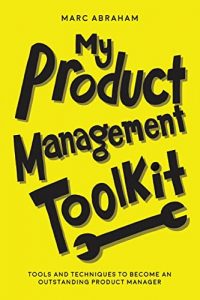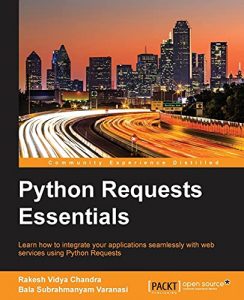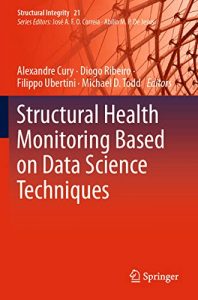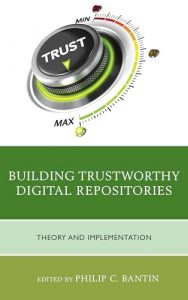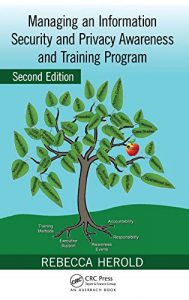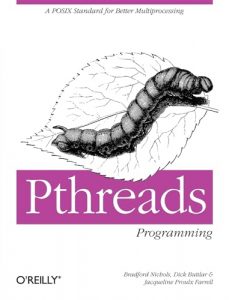Top Books to Navigate the Complex World of Bankruptcy
Bankruptcy and corporate restructuring are critical subjects in today’s financial world. Whether you are a professional in finance, a student of economics, or just interested in the mechanics behind corporate finance, these books are must-reads. Explore the complex layers of bankruptcy with our curated list of essential reads!
1. Bankruptcy and Insolvency Accounting, 2 Volume Set
Authored by Grant W. Newton, this comprehensive two-volume set provides in-depth coverage on all aspects of bankruptcy and insolvency accounting. These volumes serve as an essential resource for professionals who need to navigate through the intricate processes and regulations governing bankruptcy. With detailed content that addresses different financial distress scenarios, this set offers practical insights that are invaluable for both seasoned experts and newcomers in the field.

2. Bankruptcy and Insolvency Accounting, Volume 1: Practice and Procedure
This first volume in the series is crucial for anyone involved in the practical aspects of bankruptcy law. Newton presents a clear, logical approach to the intricacies of procedure, making it accessible for practitioners looking to enhance their understanding. The practical case studies included in the text illustrate real-world applications and ensure that readers can relate the theory to actual practices in the industry.

3. Creating Value Through Corporate Restructuring: Case Studies in Bankruptcies, Buyouts, and Breakups
Stuart C. Gilson and Edward I. Altman provide a fascinating exploration of value creation during corporate restructuring processes. This book is filled with case studies that demonstrate how effective restructuring can lead to successful turnarounds. It’s an engaging read for anyone who wants to understand the strategic decisions that lead to business recovery and success.

4. Bankruptcy and Insolvency Accounting, Volume 2: Forms and Exhibits
This second volume complements the first by focusing on essential forms and exhibits that are necessary for practice in insolvency accounting. Grant W. Newton meticulously relates practical forms used in bankruptcy proceedings to their respective theoretical foundations. This volume is a must-have for attorneys and accountants who engage in insolvency proceedings.

5. Corporate Financial Distress, Restructuring, and Bankruptcy
Written by heavyweights in the financial industry, Edward I. Altman, Edith Hotchkiss, and Wei Wang, this book offers comprehensive coverage of distressed financial situations. With a focus on leveraged finance and distressed debt, it prepares readers to analyze and respond to financial stress effectively. The strategic insights provided make it an indispensable guide for finance professionals.

6. Personal Bankruptcy Laws For Dummies
This easy-to-read guide by James P. and John M. Caher demystifies the often overwhelming topic of personal bankruptcy laws. It is perfect for those looking to understand their rights and options when facing financial difficulties. The friendly tone and practical advice make this book not only informative but also supportive for anyone navigating personal financial issues.

7. Bankruptcy and Insolvency Accounting: Practice and Procedure
This earlier work by Grant W. Newton covers fundamental practices regarding bankruptcy. It is a foundational text necessary for understanding the practice and procedural aspects essential for accounting professionals. This an essential book for students and practitioners alike, as it lays the groundwork for more advanced learning.

8. Business Valuation and Bankruptcy
Co-authored by Ian Ratner, Grant T. Stein, and John C. Weitnauer, this book delves into the intersection of business valuation and bankruptcy. It provides essential methods for evaluating distressed businesses, offering actionable insights for professionals involved in turnaround management or M&A activities. The systematic approach outlined in this text equips readers with the tools to conduct thorough evaluations during times of financial distress.

9. Financial Handbook for Bankruptcy Professionals
This essential guide by Robert J. Rock, Ted Stenger, and Jay Alix serves as a comprehensive resource for judges, attorneys, and accountants involved in bankruptcy cases. Covering a wide range of financial and accounting challenges, this handbook provides practical advice, ensuring that professionals are well-equipped to navigate the complexities of bankruptcy proceedings.

10. Bankruptcy, Credit Risk, and High Yield Junk Bonds
Written by Edward I. Altman, this book investigates the implications of bankruptcy in the high-yield junk bond market. As the market for high-risk debt continues to evolve, it is vital for investors and finance professionals to understand the inherent risks. This book provides crucial insights and analyses that are informative and essential for making sound investment decisions.






